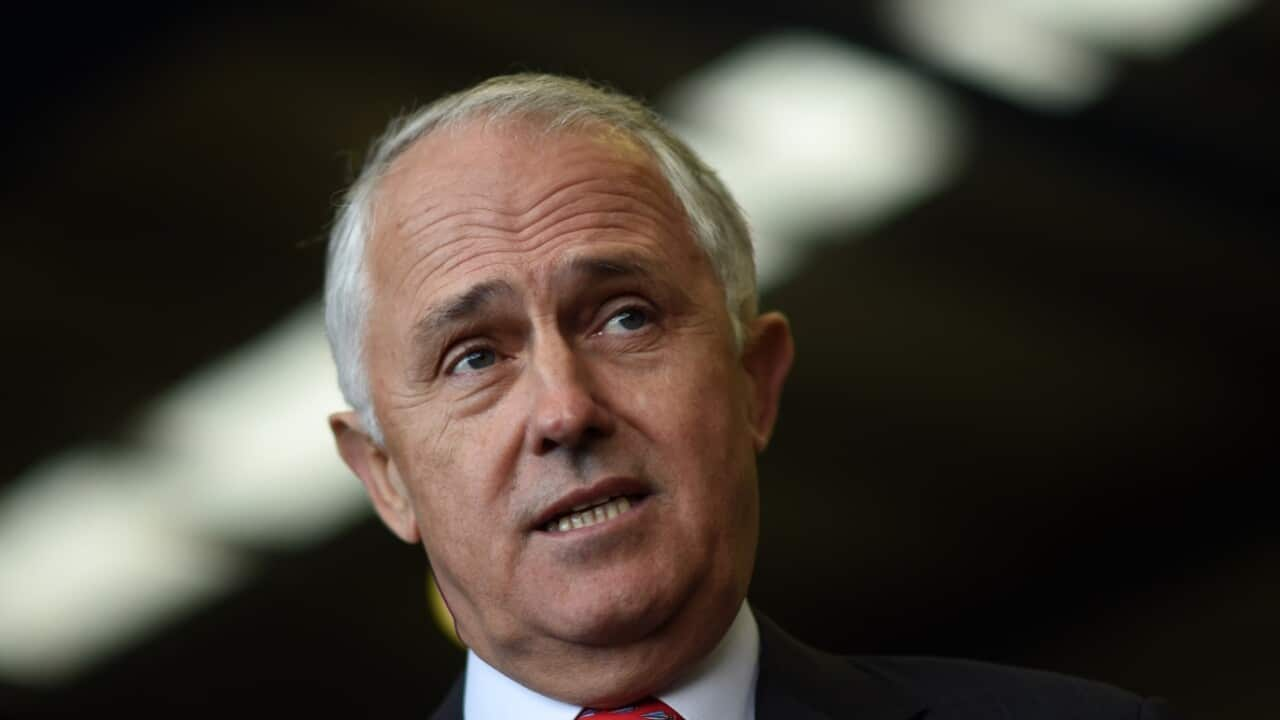The Greens have used the release of their health policy to call for more money to be directed to improving the health of people living in rural and regional communities.
Leader Senator Richard Di Natale announced on Wednesday the Greens would support the development of a National Rural Health Plan to establish strategies to work towards improving the physical and mental health of rural and regional patients.
"People living in rural areas often have limited access to critical health services, including mental health,” Senator Di Natale said.
“We will invest $280 million for rural mental health, including providing for short-term accommodation for patients and recruitment and training of mental health workers in rural areas.
“The Australian Greens will end the freeze on Medicare and invest $2.4 billion into the Medical Benefits Scheme (MBS), so that patients can have access to bulk billing and doctors can remain open and provide better care people in rural areas." Labor has committed to reindexing the MBS if elected, but the government's 2016/17 budget has left the MBS - the amount of money doctors receive to help cover the cost of bulk billing a patient - frozen until 2020.
Labor has committed to reindexing the MBS if elected, but the government's 2016/17 budget has left the MBS - the amount of money doctors receive to help cover the cost of bulk billing a patient - frozen until 2020.

Rural Doctors Association of Australia president Dr Ewen McPhee says a comprehensive approach is needed to improve the health of rural and regional communities. Source: AAP
Senator Di Natale said the Greens would commit a total of $4 billion to the public health system and another $2.4 billion to the MBS.
Rural Doctors Association of Australia president Ewen McPhee told SBS News the Greens' policy was "extremely valuable" because it highlighted the need for a to improve the health of people living in rural and regional areas.
"People who live in the country don't live as long, they have a greater burden of chronic disease and they have more mental health problems," Dr McPhee said.
"There is a lack of equality and access to health care which is leading poor health outcomes."
Dr McPhee, who has worked as a doctor in rural areas for 30 years, said there was a $2.4 billion shortfall in the funding for rural medicine every year.
He said governments also needed to spend more time talking to health practitioners on the ground to ensure funds were being spent in the most efficient and appropriate way.
The Greens' policy mentions the need for improved access to services like dental, mental health, abortion, hospital care, as well as a focus on the health of Aboriginal and Torres Strait Islanders.
"Access to healthcare shouldn’t depend on your postcode," Senator Di Natale said.
"Australians living in rural areas have a right to have their health needs met."
Dr McPhee said a comprehensive plan was needed to ensure the health needs for rural and regional populations were being met.
Part of this, he said, was training student doctors and nurses in the skills needed to become "rural generalists", covering a wide range of healthcare including Aboriginal and mental health areas.
He said these skills were necessary to ensure doctors and nurses, who wanted to try to improve rural and regional health, were able to deliver the best outcomes for their patients.
"If we give doctors and nurses quality training, if we give them the skills they need in their formative years they're more likely to choose to spend their careers in the bush," Dr McPhee said.
He said there was also a need for more specialists to be based away from cities so they could provide face-to-face care.




